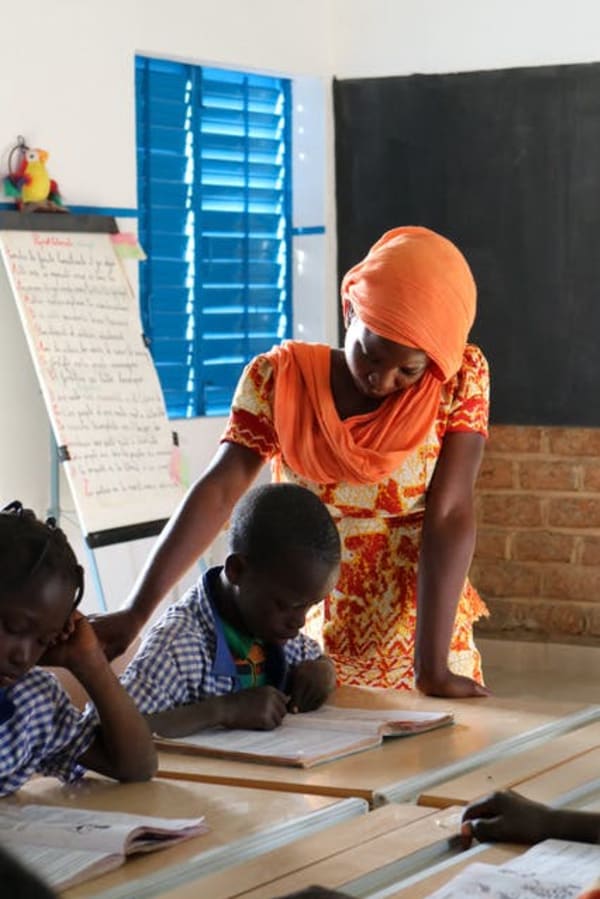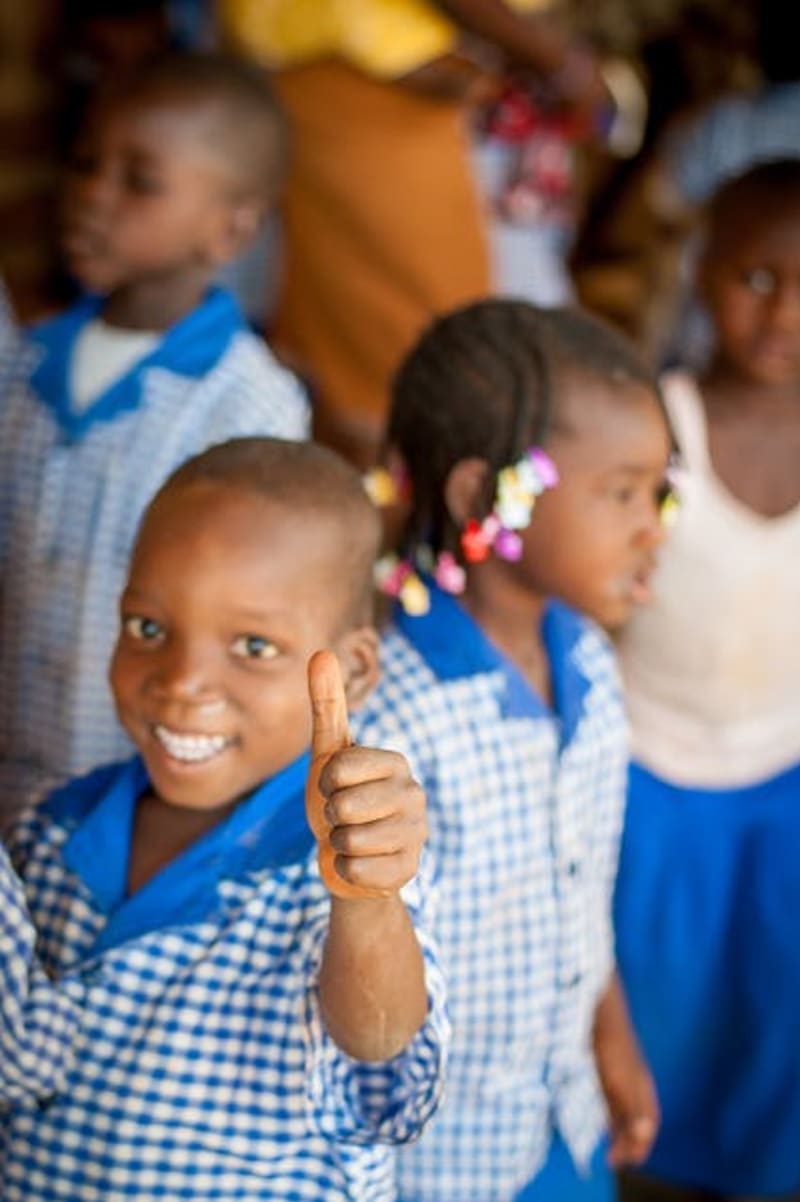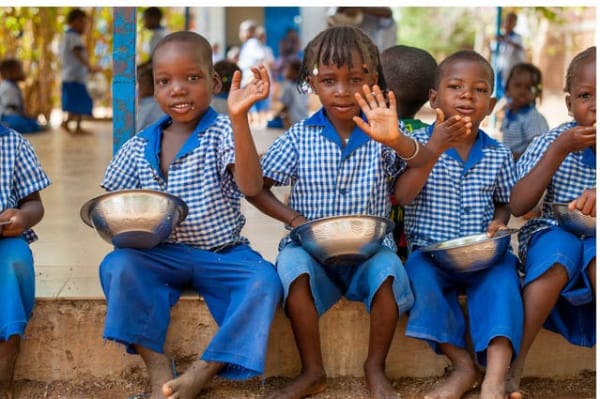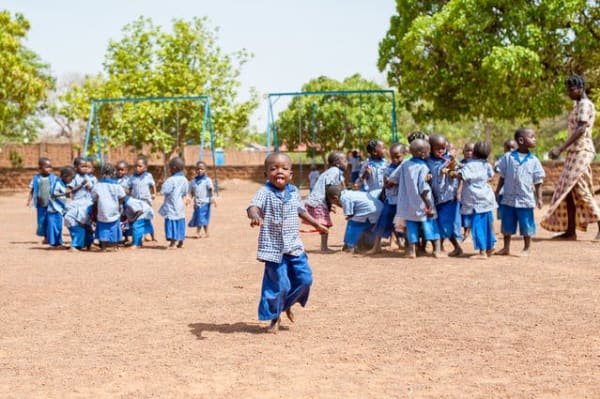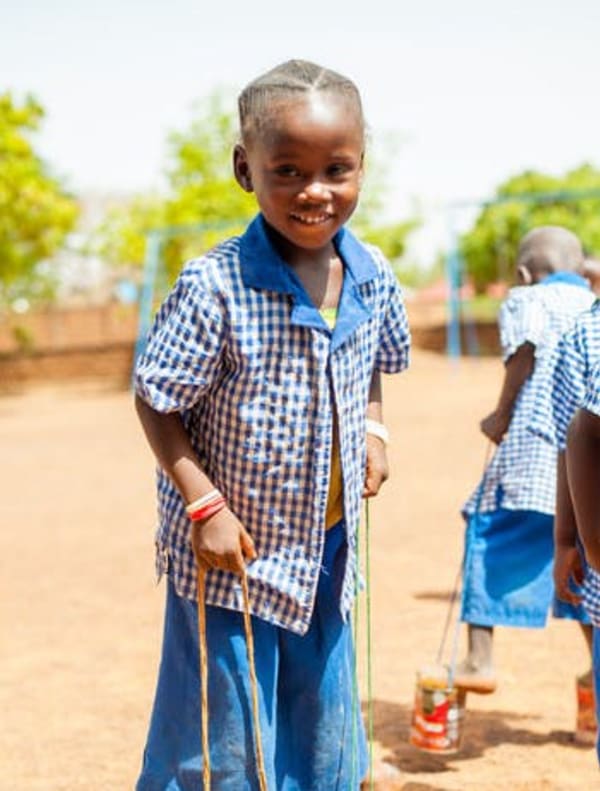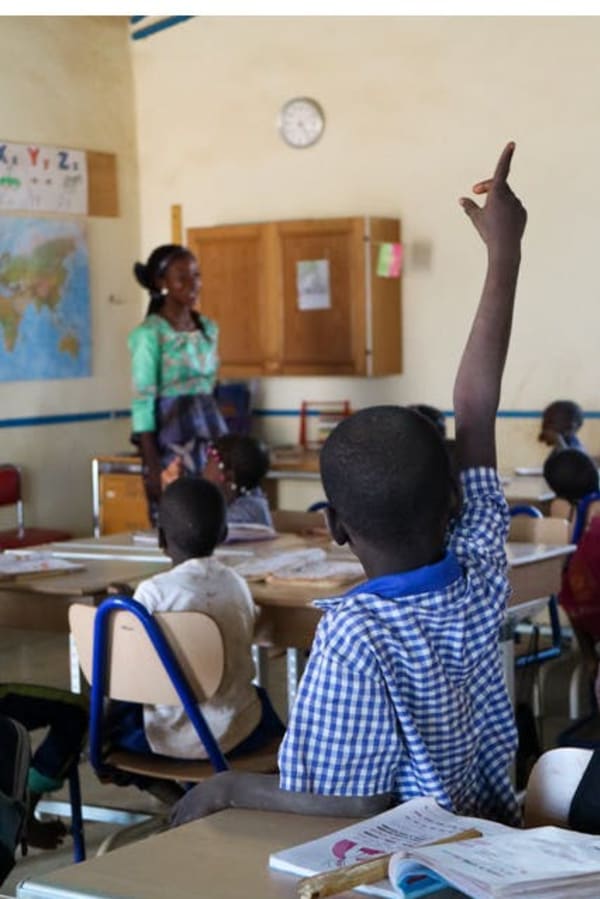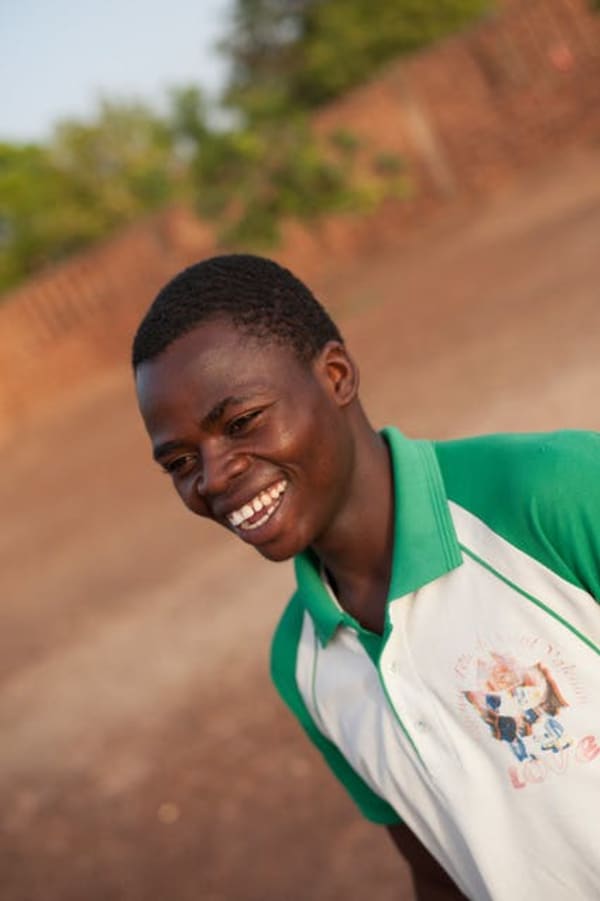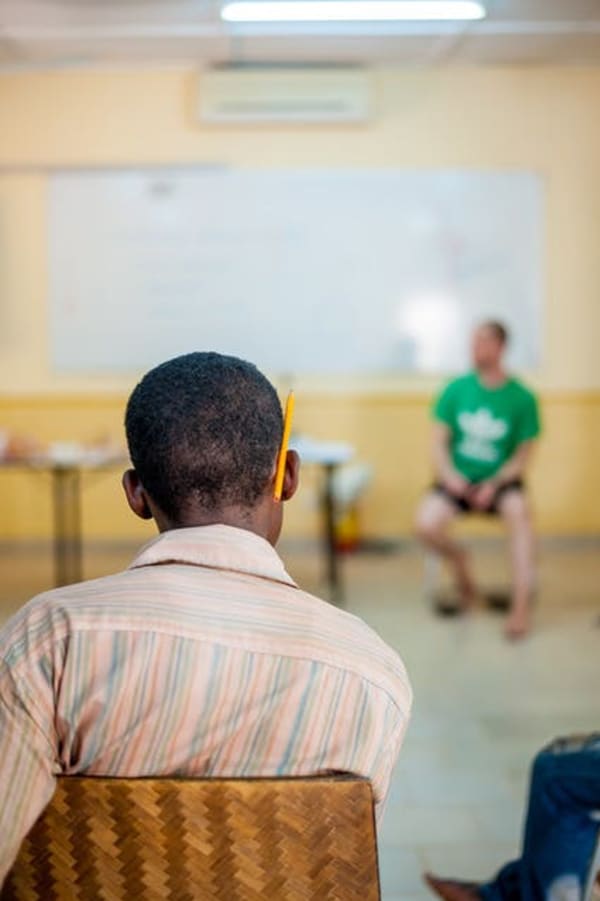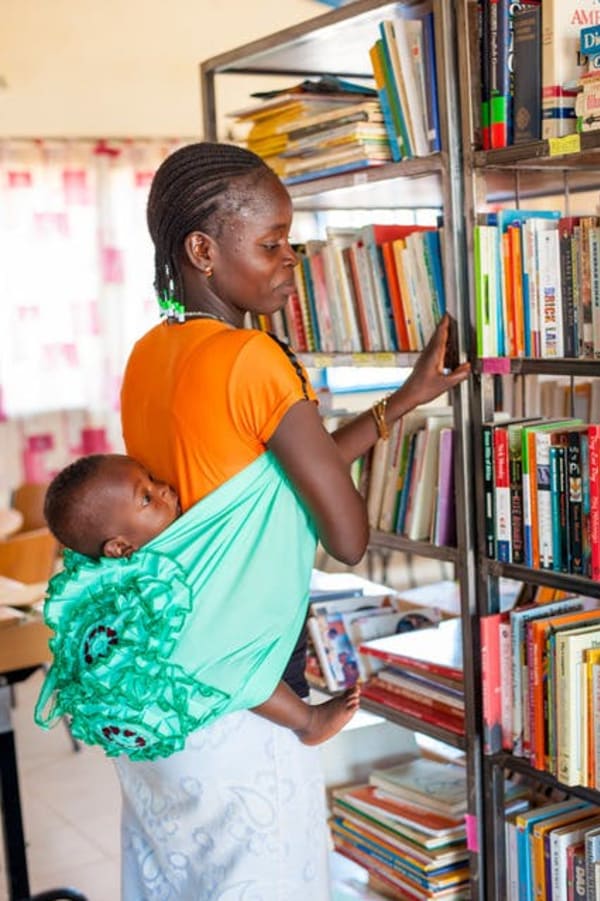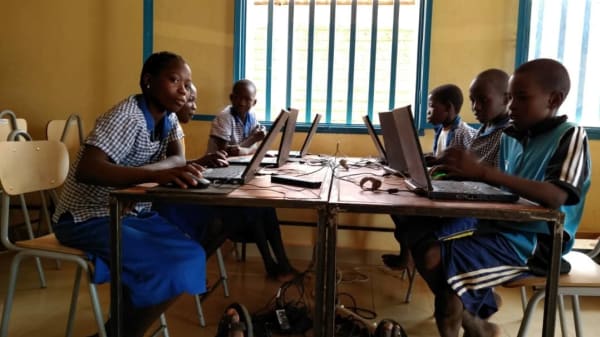The Good Village therefore ensures that education is available for lifelong learning. We also ensure access to clean water and food, and the other fundamental human needs. In that way, the student can focus on studying and reaching their dreams.
The team of teachers in the village continues to be dedicated and goal-oriented, and the work process is based on collegial learning. Yennenga’s Swedish teacher-trainers is on-site regularly on demand from the local team of teachers and works closely with the group during continued education days and through workshops. This presence and direct coaching provides, among other things, important moral support for our school’s way of working and method, which strongly deviates from the traditional public system. The presence also provides important input in the continued development of the work. The team has started working on developing routines for evaluation and information transfer within the teacher team.
The school is being expanded with one class at a time. We now have from 1st to 8th grade.
We haven’t had issues with the children not being able to come to (pre)school other than isolated instances when cattle have escaped and needs to be caught or similar.
There are children in the school with such difficult home conditions that their opportunity for safe schooling is affected. Therefore, we have developed a plan with the teachers and the social coordinator, for support education, apprenticeships and extra efforts for these children. Yennenga Progress is also establishing a list of associations and institutions in the region that specifically works with various forms of disabilities, so that we can give individuals with special needs the right kind of support.
The long-term goal with a tuition-free school will be achieved only when Burkina Faso will introduce school vouchers (government funding per individual student). Until then, Yennenga Progress has its fees at the lowest levels in order not to outcompete the local and existing efforts.
